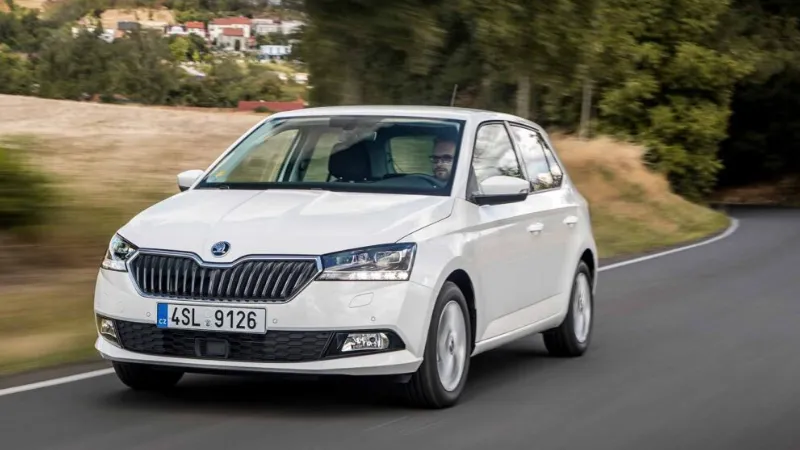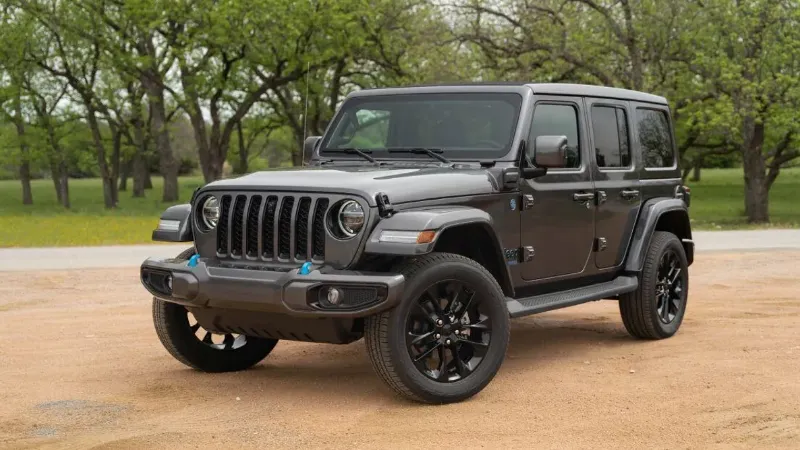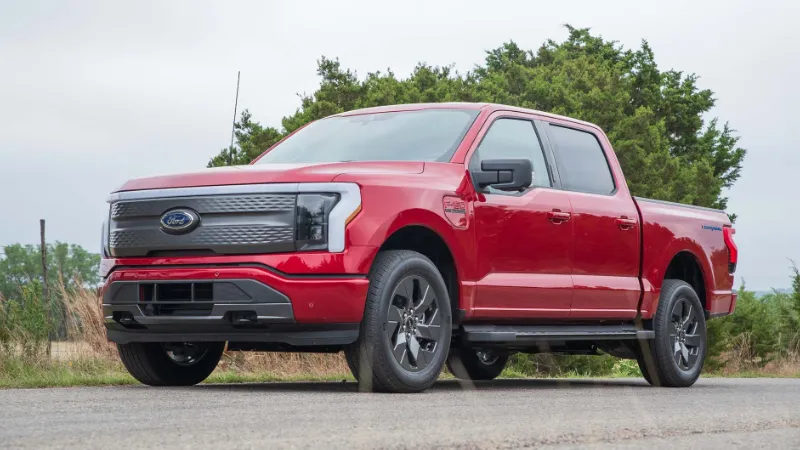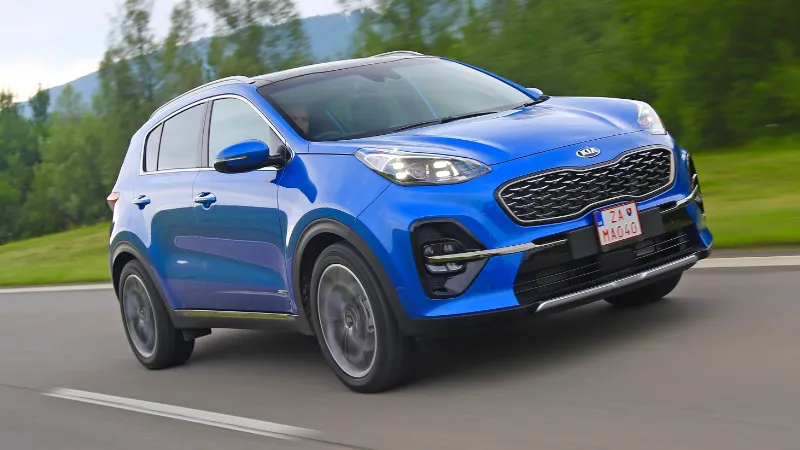To begin with, how does car insurance work? On this page, we’ll discuss some of the most popular types of auto insurance and provide advice on how to determine how much protection you require and locate the most cost-effective policy options.
So, how does car insurance work? The purpose of having auto insurance is to safeguard your finances in the event of an accident. Auto insurance can assist in paying for repairs to your car and medical care for your injuries if a tree falls on your car or you are the victim of a hit-and-run. It also provides liability coverage, in case you are at fault for an accident that causes injury or property damage to others.
For more information, continue reading.
What is Car Insurance?
In the event of a collision or other non-collision event (such as a tree falling on your car, hail, etc.), auto insurance offers financial protection.), or your car is stolen. The insurer will pay for covered expenses in return for a premium, which you pay when you purchase your policy. Depending on the type of policy you choose, this can include property damage or bodily injuries you or another driver or passenger sustained.
Limits, or the maximum amount the insurance company will pay on a claim, are the foundation of every policy. Deductibles, or the sum you must pay before the insurer will cover any remaining costs, are also a part of some coverage types.
There are several types of car insurance available, and you can customize a policy to get the insurance coverage you need.
Suggested Car Insurance Reviews:

Do You Need Car Insurance?
You must have auto insurance in almost all states. If you are at fault for an accident that causes bodily injury or property damage to others, you need to be able to cover all of the bills. This covers paying for your defense in court if you are accused of causing an accident, as well as any awards and settlements that come as a result of a lawsuit filed against you.
The majority of states have financial responsibility laws, which means that in order to drive legally, you must provide evidence that you have the financial means to cover accident-related costs and medical expenses. You may be subject to legal repercussions, such as having your driver’s license and vehicle registration suspended, if you lack proof of assets. And if you get into an accident without liability auto insurance, your savings could be lost.
Car insurance helps protect your assets.
To Lease Or Finance a Car
To safeguard their interest in your vehicle, lenders or leasing companies might insist that you purchase comprehensive and collision insurance. Requiring both coverage types ensures they can recuperate their losses if your car is damaged or destroyed.
You might need to buy gap insurance, according to car leasing companies. This type of coverage pays the gap between what you owe on the car lease and what you receive from your insurance company for the value of the vehicle if it’s totaled.
Read more:
To Avoid Paying Out of Pocket for Accident-related Expenses
Your liability insurance can assist in paying for other people’s medical expenses and repair costs when you are at fault for an accident that results in bodily harm or property damage.
Liability insurance also covers the costs of your legal defense if you are held responsible for the accident.
You might be liable for any costs that go over your policy limits if you don’t have enough liability insurance.
To Pay for the Injuries of You and Your Passengers
Car insurance can assist in covering doctor visits and surgeries if you or your passengers sustain injuries as a result of an accident. You probably don’t want to worry about paying a sizable hospital bill after being in an accident.
To Pay for Your Own Vehicle Damage
There are numerous dangers that can harm your car, including the elements and road debris. Having adequate coverage for your own vehicle can help pay for vehicle repairs, even though state-mandated liability insurance can cover repairs to other drivers’ vehicles in the event of an accident. Full coverage car insurance is a great choice especially choosing car insurances.
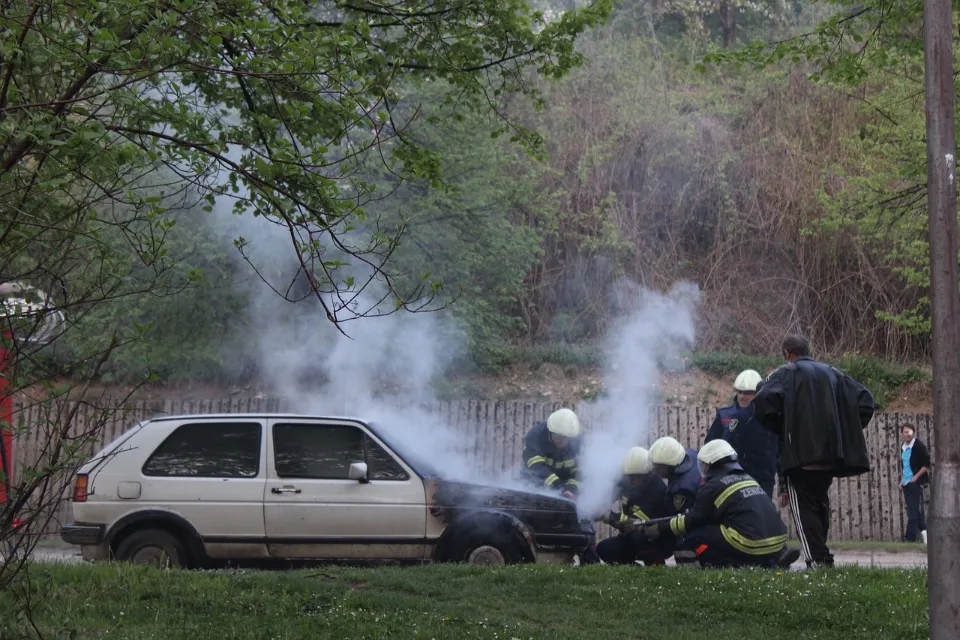
Kinds of Car Insurance Coverage
A car insurance policy consists of several types of coverage, some of which are mandatory in most states, while others are optional. The most common coverages are:
Liability Insurance
Liability coverage pays for costs associated with an accident for which you’re found legally at fault. Liability insurance generally includes two types of coverage:
- Bodily injury: These costs (such as funeral costs) are covered when someone else is hurt or killed., another driver, their passengers, or a pedestrian) when you are at fault.
- Property damage: This covers the costs associated with repairing or replacing the property of others (such as, fencing, a home, etc.) you damage when operating your vehicle.
Most states require drivers to carry a minimum amount of liability coverage before they can register and operate a vehicle in that state. Visit the Department of Motor Vehicles (DMV) in your state or consult our Auto Insurance by State guide to determine the amount of liability coverage you require.
Uninsured Motorist Coverage
If the other driver doesn’t have auto insurance and you are hurt in an accident, uninsured motorist coverage offers financial security. Depending on where you live, this insurance may also cover property damage. If you are the victim of a hit-and-run, your uninsured motorist coverage also pays.
Your state may require you to carry a minimum amount of uninsured motorist coverage. You might also want to think about purchasing underinsured motorist insurance, which typically pays the difference between your costs and the at-fault driver’s policy limit. Underinsured motorist protection, however, may not be applicable in some states unless your underinsured motorist limits are higher than the other driver’s liability limits. Full coverage car insurance is a great choice especially choosing car insurances.
Personal Injury Protection (PIP)
Also called “no-fault” coverage, this insurance pays the medical expenses for you or your passengers if you are injured in an accident, regardless of who is at fault. If you are on a bike and are struck by a car, PIP might also be applicable. In some cases, PIP coverage may reimburse you for lost wages and expenses for tasks you can’t perform while recovering such as house cleaning.
The majority of the time, PIP is optional and not offered in every state. However, some states, like New York and Texas, require drivers to carry PIP. As always, check with your state’s DMV to determine if PIP is available in your state and if you are required to carry it. Check for How to Get Car Insurance Before Buying a Car?
Medical Payments Coverage (MedPay)
Similar to personal injury protection, MedPay pays the medical bills for you and your passengers after a car accident, regardless of who was at fault. MedPay does not, however, provide coverage for any additional or related costs, such as lost wages, like PIP does. Only Maine and Wisconsin require MedPay. Elsewhere, MedPay is optional coverage you can purchase with your standard auto insurance policy. It’s not accessible in every state, though. Full coverage car insurance is a great choice especially choosing car insurances.
Collision Coverage
Even if you are at fault, collision coverage will pay for repairs if your car is damaged in an accident or if it collides with a tree or building. Pothole damage might also be covered.
Find out more about how auto insurance for collisions operates.
Comprehensive Coverage
When your car is damaged in an incident that is not a collision with another object or a vehicle, comprehensive coverage kicks in to cover the costs. Examples of covered losses include hail damage, damage from falling objects, a cracked or shattered windshield, vandalism, or damage from an animal.. It also pays you back if your car is stolen.

Insurance Extras
To ensure you have the coverage you need, many auto insurance companies offer additional insurance add-ons and policies for purchase, including:
- Roadside assistance: This coverage pays for services to get you back on the road if you experience a flat tire, require a tow, or become locked out of your car.
- New-car replacement: A new vehicle of the same make and model can be purchased to replace a totaled one thanks to this type of coverage. The cutoff varies by insurer, but coverage is typically restricted to relatively recent vehicles, like those that are two years old.
- Mechanical breakdown insurance: This coverage will pay for repairs if your car breaks down and your manufacturer’s warranty does not. Full coverage car insurance is a great choice especially choosing car insurances.
- Rental reimbursement: While your car is getting fixed, this add-on will pay for the cost of a rental car.
- Rideshare insurance: This insurance gives you additional protection if you get into an accident while driving for a ridesharing company.
- Gap insurance: If your car is deemed “totaled” following an accident and you owe more on your car loan than the insurance company will pay, gap insurance will pay the difference.
Speaking of Rental Cars, You Pobably Want to Know:
Who Does Car Insurance Cover?
A personal auto insurance policy will typically protect the policyholder and any family members listed as drivers. The majority of policies also include drivers who are not listed on your policy but have your permission to operate your vehicle.
Top Car Rental Reviews:
- Routes Car Rental Reviews
- NU Car Rental Reviews
- Kyte Car Rental Reviews
- Hopper Car Rental Reviews
- Avail Car Rentals Reviews
How is Car Insurance Priced?
The cost of your insurance is determined after taking into account a variety of factors. The price of auto insurance is determined by the following typical variables that insurance companies use.
Driving History
Your rate will decrease the better your driving record. You’ll probably pay a higher premium than drivers with a spotless record if you’ve had several moving violations or have been in accidents.
If you need car insurance for a teen or new driver, you’ll pay more until they have a solid track record for insurers to assess.
Mileage
People who work from home and rarely use their cars may pay less for insurance than someone who commutes every day. This is due to the fact that drivers who put more miles on their vehicles have a higher chance of being in an accident.
ZIP Code
Your car insurance rate is also influenced by where you live. Due to the higher rates of crime, clogged roads, and accidents in metropolitan areas, insurance is typically more expensive for urban drivers.
Age
Auto insurance companies typically concur that experience comes with age. That’s why middle-aged drivers with more driving experience will pay less than folks just starting out. The lowest rates are typically available to drivers in their 40s and 50s. But, What Age Does Car Insurance Go Down?
Related:
Gender
Statistics also show that women have fewer accidents and DUIs than men. Due to this, men occasionally pay more for insurance than women do.
Vehicle Make and Model
The price of coverage will vary because there are different costs associated with fixing or replacing vehicles. Cars with high-tech safety features, for example, may cost more to insure than cars without.
Insurance claims for vehicles like yours will affect what you pay for auto insurance, especially collision and comprehensive insurance. Read more: How Much Does Tesla Insurance Cost?
Credit
For the purpose of calculating your likelihood of making a claim, insurance companies may use a credit-based insurance score. Auto insurance rates are typically higher for drivers with bad credit, sometimes even substantially higher than for those who have had accidents in the past. In Massachusetts, California, Hawaii, and Michigan, it is illegal to base auto insurance rates on credit.
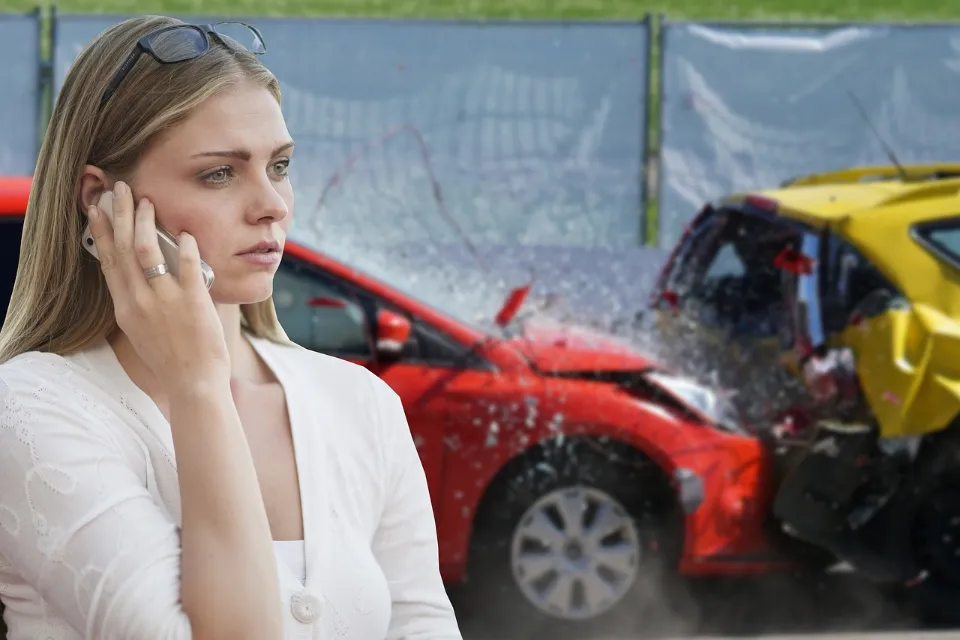
How Much Does Car Insurance Cost?
According to AAA, full-coverage insurance premiums (liability plus collision and comprehensive) ranged from $1,296 to $1,403 annually in 2021, depending on the size of the vehicle. Your expenses could, however, be much higher or lower.
Why is car insurance so expensive? The cost of car insurance depends on a wide range of factors, including the buyer’s driving record, where they live, and the value of their car. Prices for the same coverage can also vary from business to business. How Long Does An Accident Stay on Your Insurance Record?
The extent of coverage provided by the policy is a crucial factor. Certain types of coverage are subject to minimum requirements set by the states that mandate them. For instance, a driver in Ohio is required to carry a minimum of 25/50/25, or $25,000 in property damage liability coverage and at least $50,000 in bodily injury liability coverage per accident and per person, respectively. That’s just the minimum; drivers can and often should buy more coverage than that, especially if they have significant assets to protect from a lawsuit. For instance, a driver might choose to purchase 100/300/100 or 250/500/100, which will obviously cost more than 25/50/25. You may be interested: How Much Does General Liability Insurance Cost?
Still another factor in the case of collision and comprehensive coverage is the deductible the policyholder chooses. That’s how much the policyholder has to pay out of pocket before their insurance kicks in, and the lower the deductible, the more their insurance will cost. A $500 deductible, for instance, will increase the cost of a policy more than a $1,000 deductible will.
Read more:
How to Save Money on Your Car Insurance?
Although auto insurance can be pricey, there are many ways to reduce your premiums to save your car insurance.
- Change your deductible and/or policy limits: Your premiums will go down if you increase your deductible. Your premiums will also be reduced if you reduce the coverage limits of your insurance.
- Ask for discounts: The fact that you can save money by combining your homeowners insurance and auto insurance is well known, but there are frequently many more discounts available. Inquire about discounts for automatic payments, defensive driving training, or a claim-free history in recent years.
- Shop around: Get quotes from at least three different auto insurance companies to compare prices as they vary.
- Improve your credit history: Car insurers often provide better rates to drivers with good credit.
How Do You Buy Car Insurance?
How to Get Car Insurance Before Buying a Car? You should decide what kinds and how much coverage you want before buying a car insurance policy. The best course of action is to shop around and compare auto insurance quotes. For you to be able to determine what a good deal looks like, make sure to request quotes from several businesses.
Go Online to Compare Car Insurance Quotes
Many insurance websites offer free insurance quotes once you provide a few personal details. Compare the same coverage types on the websites of various insurance company to make sure you are making an apples-to-apples comparison.
Speak With An Insurance Agent
An insurance agent is available over the phone, online, or in person. An independent agent can provide you with quotes from various insurance providers and assist you in choosing the best coverage options for your requirements. Ask about any available discounts for car insurance.

How to File a Car Insurance Claim?
Your insurance provider should be contacted as soon as possible if you’ve been in an accident or your car has suffered other damage. It will assign a claims adjuster, whose job is to assess the damage and determine how much the insurer is obligated to pay you under your policy. (The amount can be contested if you don’t agree with it.)
Find out from your insurer what details are required to process your claim. For instance, it might ask you to send pictures of your damaged car via text, email, or through the insurance provider’s app. You should also save any documentation, such as a police report if there is one, and a receipt if you had to pay for your car to be towed. You should give your insurer the name and insurance details of any other drivers if they were involved.
Your insurer may have a list of approved repair shops that it works with, although you are also free to choose your own. If you pay the shop to fix your car, the insurance company may reimburse you if you do. In either case, the deductible on your insurance policy is your responsibility.
Editor’s tips:
- If you are hurt in a car accident that wasn’t your fault, you can make a third-party car insurance claim under a driver liability policy. So, how to file a third-party car insurance claim? So, how to file a third-party car insurance claim? Contact your own auto insurer as soon as possible after an accident, regardless of who is at fault. Your insurance provider can negotiate on your behalf with the other driver’s insurance provider and assist you in making a third-party auto insurance claim.
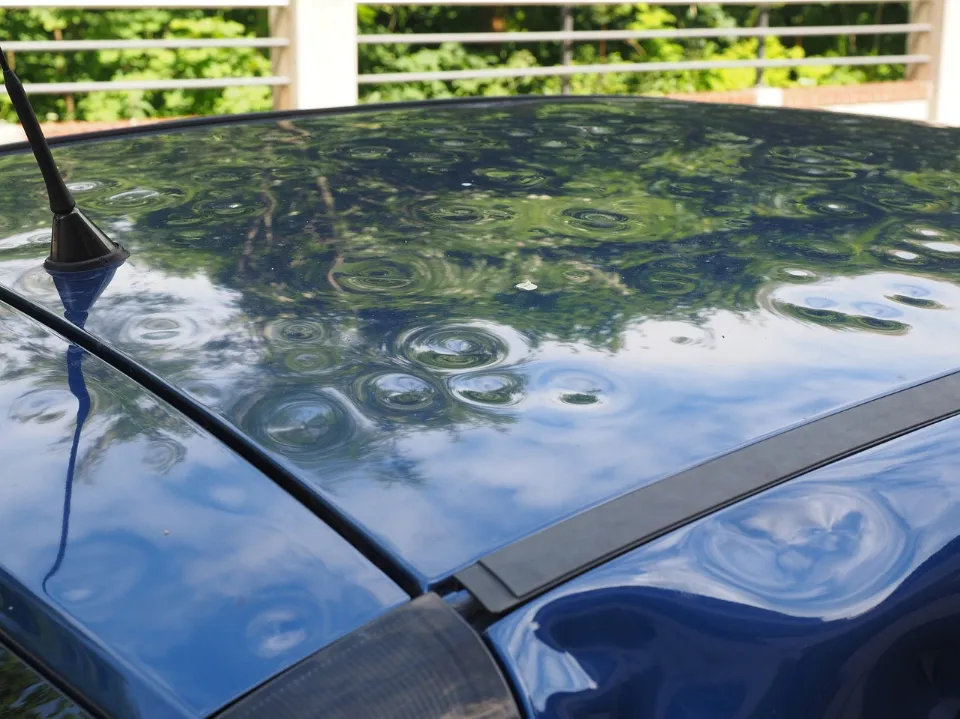
Car Insurance Reviews
Here are the common car insurance reviews:
Otto Car Insurance Reviews
When shopping for car insurance, you may come across Otto Car Insurance. Reading our reviews before you go through the quote process with Otto will help you a lot.
If you’re shopping around for car insurance, it’s probably better for you to do your own research rather than use a lead generation website like Otto Insurance.
The results of the Otto Insurance quote process only recommended one insurance provider, and the system didn’t display any premium rates for us to compare. Instead, we were simply redirected to the insurer’s website, where we would have needed to enter all of our information again.
If you don’t want to receive a lot of calls, texts, and emails from marketing firms and insurance agents, you might want to avoid using Otto Insurance to get car insurance quotes. Finding rates on your own is probably more effective.
You may want to know: How Long Does It Take to Get Car Insurance?
Jerry Auto Insurance Review
A crucial step in ensuring you get the best deal when looking to shop for new insurance is comparing quotes. Drivers can compare auto insurance quotes online rather than requesting quotes from various companies individually.
You can compare the auto insurance rates offered by various companies using Jerry Auto Insurance, an artificial intelligence-based platform for auto insurance comparison. Is using Jerry legal and secure? Yes, Jerry secures your encrypted data using techniques found in banks. Jerry never discloses your customer information to anyone else.
FAQs
How Does Auto Insurance Work for Rentals?
If you’re driving a rental car and have rental car insurance coverage, you may not need additional insurance that the rental company offers. You can decline their offer of coverage that covers theft, vandalism, and medical costs. Explore the answer: Average Cost of Car Insurance for 18-Year-Olds, How Much is Car Insurance for a 16-year-old
Does Car Insurance Cover the Person Or the Car?
Usually, the car is covered by auto insurance. As a result, your insurance provider assists in paying claims if someone else drives your car and causes an accident.
How Does Insurance Determine Car Value?
If you are in an accident and your car is totaled, it means that the repairs will cost more than the car is worth. After you file a claim, car insurance companies can use information from an appraisal company and an adjuster to determine a car’s value. Insurance companies base their offers on the actual cash value of a car, which is lower than the replacement cost, or how much it would cost you to buy a new car.
How Does Insurance Work When You Are Hit?
If the driver can be identified and is properly insured, their insurance will typically cover your damages and injuries. Last but not least, whether or not you intend to make a claim for the hit-and-run, notify your insurance company about the incident as soon as you can.
Can I Claim Insurance If I Hit My Car?
Immediately after the accident, you should call the insurance company and inform them about the damage. Find out the specifics of the vehicle that caused the damage and give them to the policyholder. The incident must be reported within the allotted time frame.
Summary: How Does Car Insurance Work?
Car insurance offers some financial protection against collision-related costs, including those brought on by lawsuits, and other losses involving your car, like theft and weather-related car damage.
Your auto insurance provider commits to paying for losses that are listed in your policy when you pay your bill.
Why is car insurance important? If you don’t, you’re on the hook for an expensive claim. This can put your personal assets at financial risk. If you want to know how to find the best car insurer, start by doing as much research as you can. This will help you compare auto insurance quotes and benefits offered by each insurance company.
If you have any questions, please leave a comment. KV Auto tries to give you the best car industry information. Thank you for reading.


